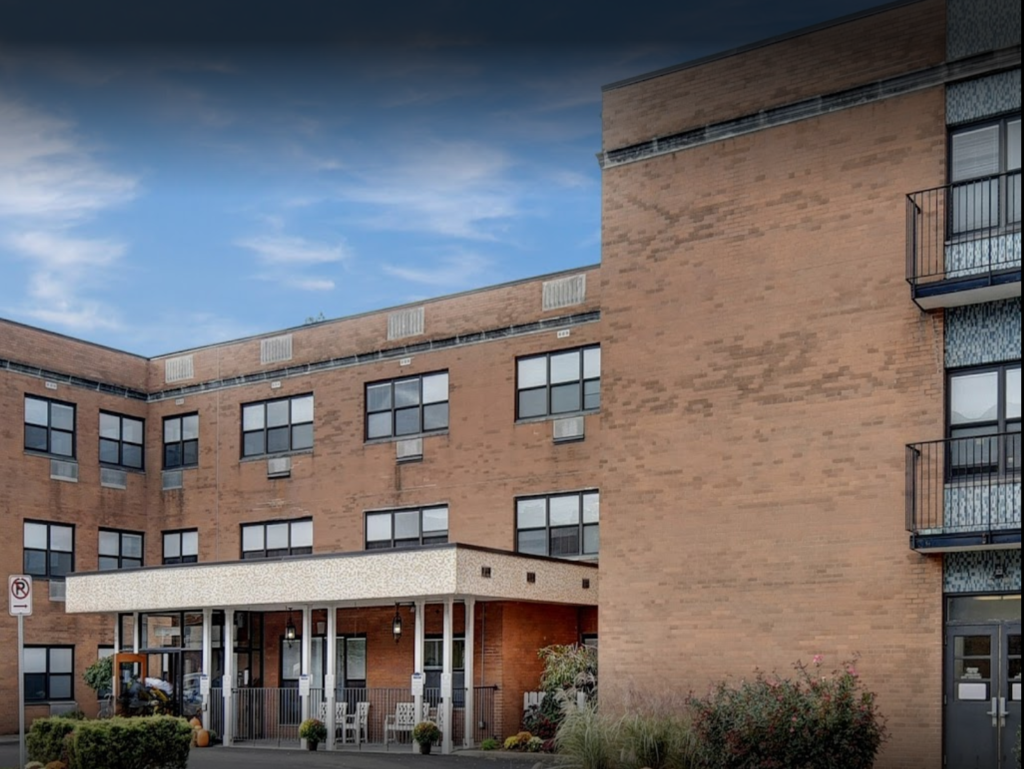The looming closure of Pittsburgh Skilled Nursing and Rehabilitation Center, located at 550 South Negley Ave in August casts a long shadow, highlighting the precarious financial state of many nursing homes in Pennsylvania. This shutdown will displace a staggering 140 residents, many of them elderly and potentially vulnerable, and throw the lives of 137 staff members into uncertainty.
A Difficult Move for Fragile Residents
Finding a new home is a stressful experience for anyone, but for the elderly and those with health concerns, it can be particularly destabilizing. Uprooting residents from their familiar surroundings, established routines, and trusted caregivers can have a significant impact on their physical and mental well-being. The process of finding new placements, coordinating care transitions, and ensuring continuity of medical needs will be paramount in minimizing disruption for these residents.
Staff Faces Uncertainty and Potential Career Disruption
The closure also throws the livelihoods of 137 staff members into question. While Genesis Healthcare, the facility owner, assures them of opportunities at other affiliated locations, such transitions are rarely seamless. Commuting distances, changes in job duties, and the emotional toll of leaving established relationships with residents all pose challenges. The potential loss of experienced staff, especially in a field already facing worker shortages, is another ripple effect of this closure.
Industry Blames Funding Shortfalls and Staffing Mandates
The Pennsylvania Health Care Association, a nursing home industry advocate, sees this closure as a symptom of a larger crisis. They point to inadequate Medicaid reimbursements, delays in receiving those funds, and rising inflation as key financial pressures. Additionally, they argue that recent state and federal staffing mandates requiring specific nurse-to-patient ratios are well-intentioned but unrealistic. Zach Shamberg, CEO of the association, highlights the ongoing shortage of qualified nursing staff and the lack of additional funding to support competitive wages for new hires.
Finding a Sustainable Solution
The Pittsburgh Skilled Nursing and Rehabilitation Center closure underscores the urgent need for a sustainable solution that balances the financial viability of these facilities with the well-being of residents and staff. This solution may require collaboration between state and federal policymakers, healthcare providers, and industry advocates. Ensuring adequate funding for Medicaid programs, providing support for workforce development initiatives, and finding ways to streamline regulations to make them both effective and achievable are all steps in the right direction. Ultimately, the future of Pennsylvania’s nursing homes, and the well-being of the vulnerable populations they serve, hangs in the balance.


